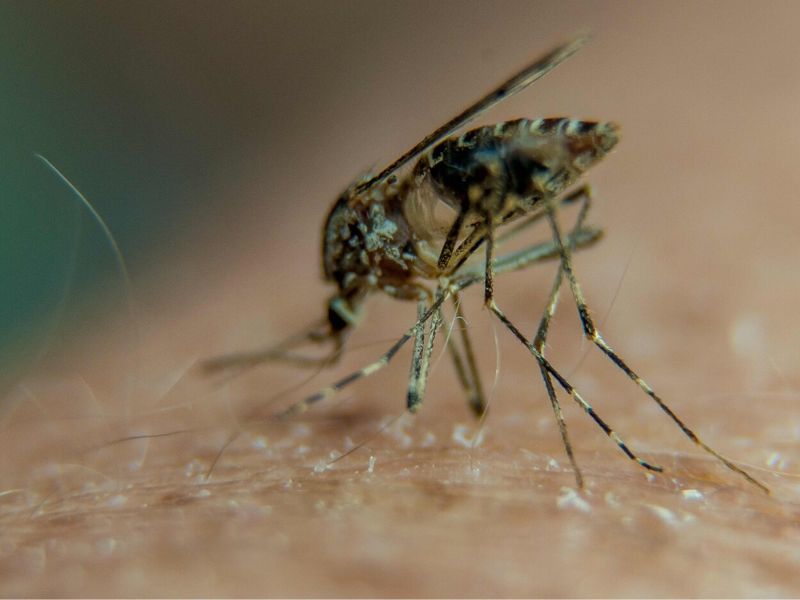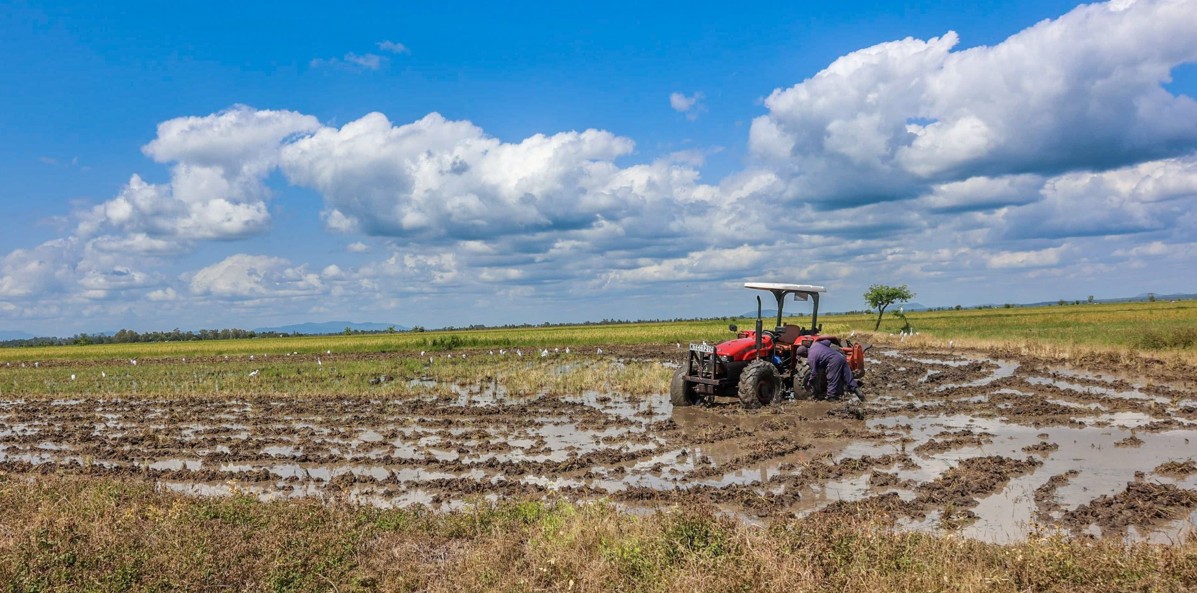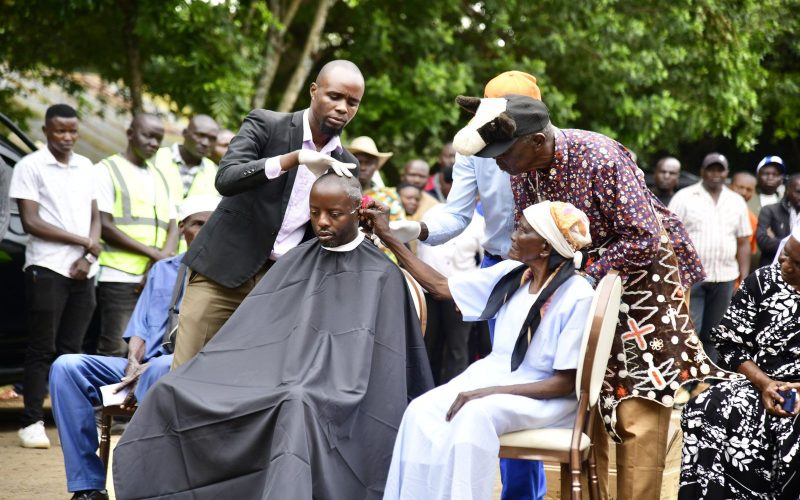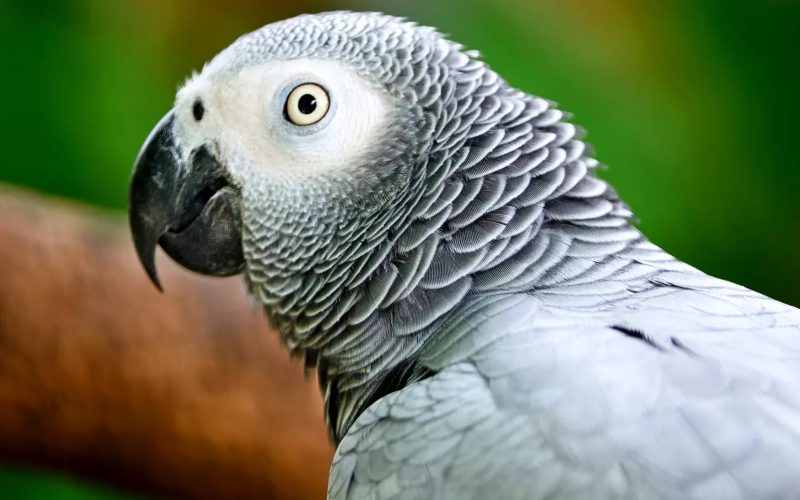Uganda, Djibouti explore 'friendly' mosquitoes in anti-malaria war

This approach involves the development of non-biting, self-limiting, and non-persistent male mosquitoes capable of controlling malaria mosquito populations.
Uganda and Djibouti are turning to Oxitec's innovative, friendly mosquito technology to combat malaria.
This approach involves the development of non-biting, self-limiting, and non-persistent male mosquitoes capable of controlling malaria mosquito populations.
Uganda is currently engaged in controlled laboratory trials of this technology, with President Yoweri Museveni expressing support for the partnership between Oxitec and the Uganda Virus Research Institute (UVRI).
More To Read
It is focused on the anopheles funestus mosquito, a major malaria carrier in sub-Saharan Africa.
Uganda has the world's highest malaria incidence rate of 478 cases per 1,000 people per year. The malaria death rate is estimated to be between 70,000 and 100,000 deaths per year, a toll that exceeds that of HIV and AIDS.
In Djibouti, malaria mortality doubled to 15,900 between 2014 and 2022, with a 55 per cent surge in case incidences in 2022, according to the World Health Organization's 2023 World Malaria Report.
Over the past nine years, Uganda has engaged in preliminary efforts towards potential field testing of gene-drive mosquitoes, a method shown in studies to effectively control populations of malaria-carrying mosquitoes.
Meanwhile, Djibouti, facing a surge in urban malaria cases due to the invasive anopheles stephensi mosquito, imported friendly anopheles stephensi mosquitoes on January 14, 2024.
They were placed in specialised laboratories amid plans to initiate field trials later this year.
Oxitec has been conducting extensive field surveillance and studies on mosquito biology in Djibouti since 2021, swiftly progressing in its efforts to combat malaria.
The first field trials of these self-limiting and friendly anopheles stephensi mosquitoes, developed over three years and reportedly imported following regulatory approval, are anticipated to commence this year.
Oxitec's Chief Strategy Officer, speaking to the Alliance for Science, said Oxitec was committed to delivering impact against mosquitoes that spread malaria, killing more than 600,000 people a year.
"People in Uganda face this threat every year. We're at a very early stage of developing a collaboration with the Uganda Virus Research Institute, a globally respected public health research institute. We hope to work with them to develop solutions for malaria-transmitting mosquitoes in Uganda," he said.
Although the anopheles stephensi mosquito isn't the primary malaria vector in Africa, its presence has been noted in seven African nations: Ghana, Nigeria, Djibouti, Kenya, Sudan, Ethiopia, and Somalia.
What sets it apart from other malaria-transmitting mosquitoes is its ability to thrive in urban environments.
There haven't been any reports of anopheles stephensi in Ugandan human settlements, where anopheles gambiae and anopheles funestus are the prevalent species responsible for malaria transmission.
However, concerns have arisen regarding the potential spread of anopheles stephensi from Kenya to Uganda.
Oxitec's friendly mosquito technology has demonstrated efficacy in reducing populations without adverse effects on non-target species or the environment.
Top Stories Today














































